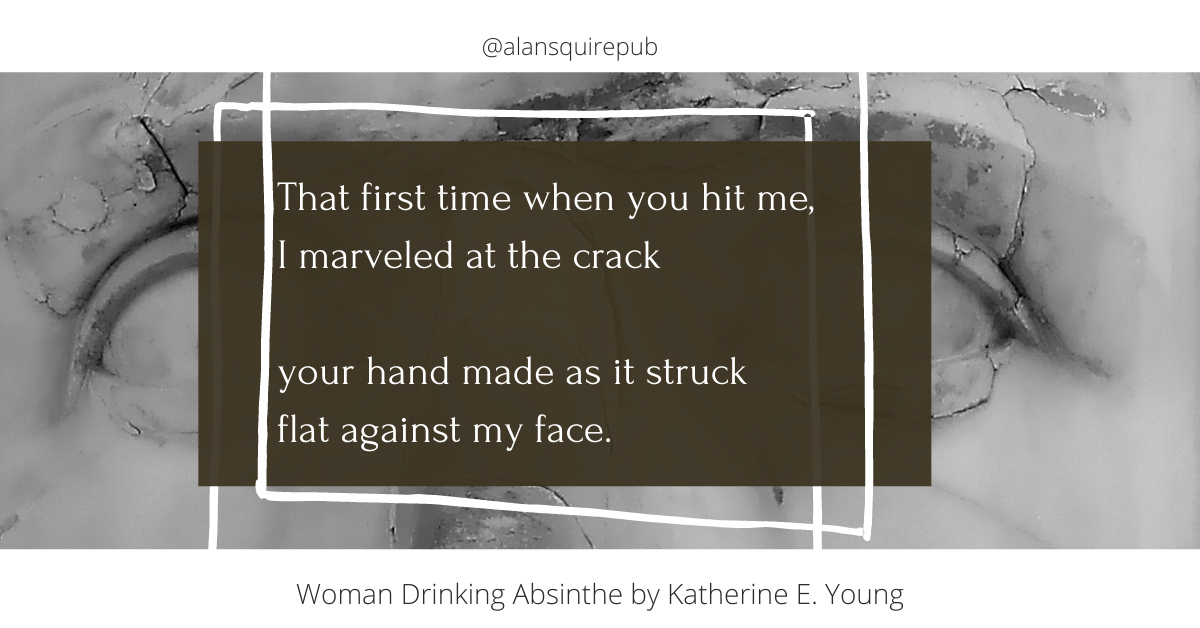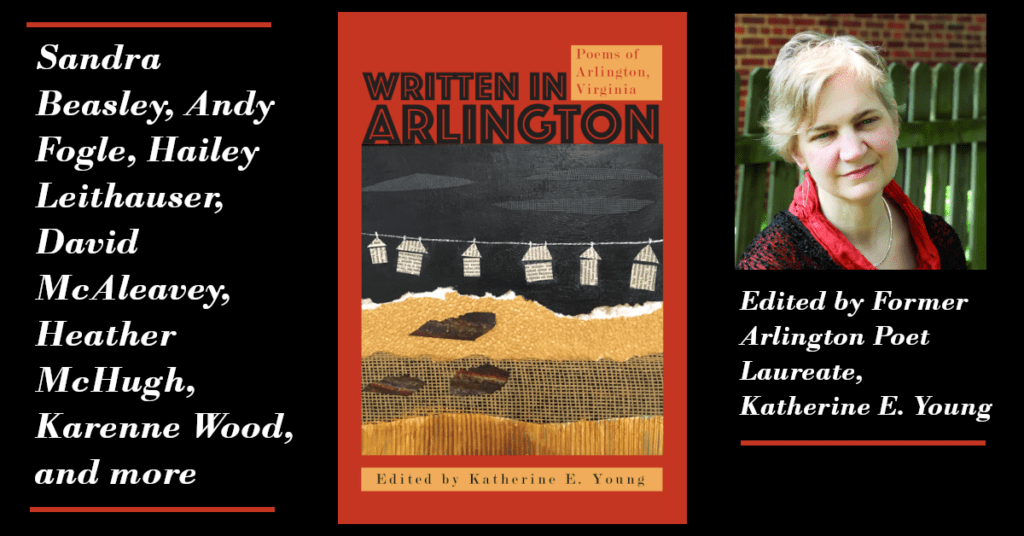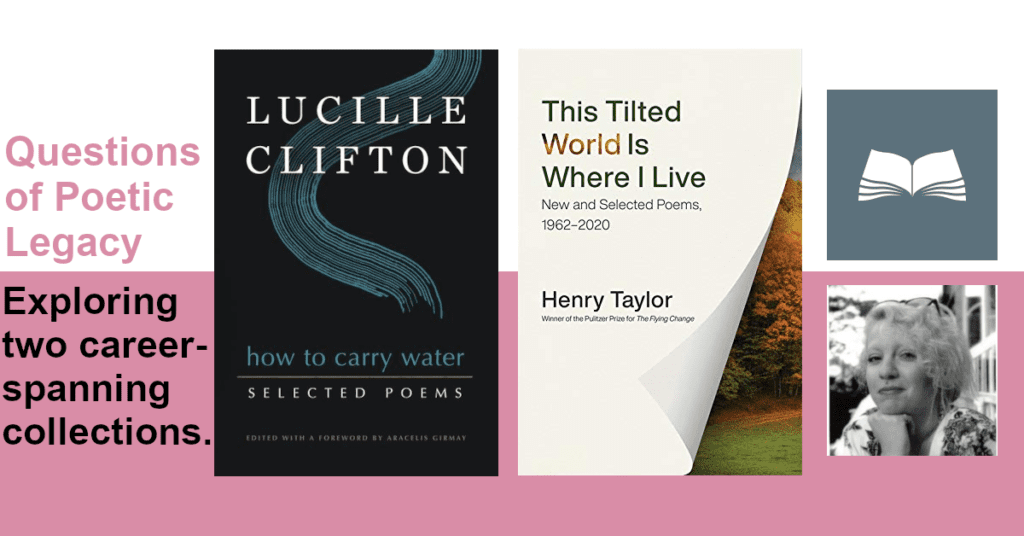WOMAN DRINKING ABSINTHE Analyzed by Billy Mills
Former Guardian Literary Journalist, Billy Mills, analyzes the conception of love in Katherine E. Young's new collection.

"Young’s core subject is love, but there’s nothing redemptive or particularly healing about its manifestations," writes Billy Mills in his analysis of Young's Woman Drinking Absinthe. Elsewhere he compares the different manifestations of this theme to coeval poets Christopher Jane Corkery and James Roome.
Mills analysis is fitting for Young's work which comes from a deeply literary place and is steeped in evocative allusion. Mills places WDA alongside the likes of Pound and Eliot in his thinking. Like these poets, Young uses unorthodox and historically informed forms and diction in her poetry.
An excerpt of Mills' analysis follows:
"The fourth (of five) sections of Katherine E. Young’s Woman Drinking Absinthe is a single sequence, ‘Place of Peace’ that takes off from a visit to the Civil War memorial at Shiloh National Military Park. The fourth section of the sequence opens with he line ‘Who doesn’t desire to be mesmerized by love?’ and ends ‘once more I fear the shadow of his hand.’ These lines could be said to serve as the twin poles of the entire collection.
For Young’s core subject is love, but there’s nothing redemptive or particularly healing about its manifestations."
The poems in Katherine E. Young’s Woman Drinking Absinthe concern themselves with transgressions. Lust, betrayal, guilt, redemption: Young employs fairy tales, opera, Impressionism, Japonisme, Euclidean geometry, Greek tragedy, wine, figs, and a little black magic to weave a tapestry that’s as old as the hills and as fresh as today’s headlines.
WRITTEN IN ARLINGTON, Katherine E. Young Edits Exciting New Anthology of Poetry
The former Poet Laureate of Arlington, VA, Katherine E. Young, curates this collection of contemporary poetry which shines a light on singular art from outside the big city.
Selected Lucille Clifton and Henry Taylor Reviewed by Rose Solari
In her latest review column, Rose Solari tackles the selected poetry of two stalwarts of American letters, Lucille Clifton and Henry Taylor. Solari looks at the continuing legacy of the late Clifton and a Taylor who has chosen the Winnebago over the academy.
“Necromancy Never Pays” Features Rose Solari Poem
The unique literary blog from writer Jeanne Griggs features Solari’s “Somewhere Between Four and Five A.M.”


